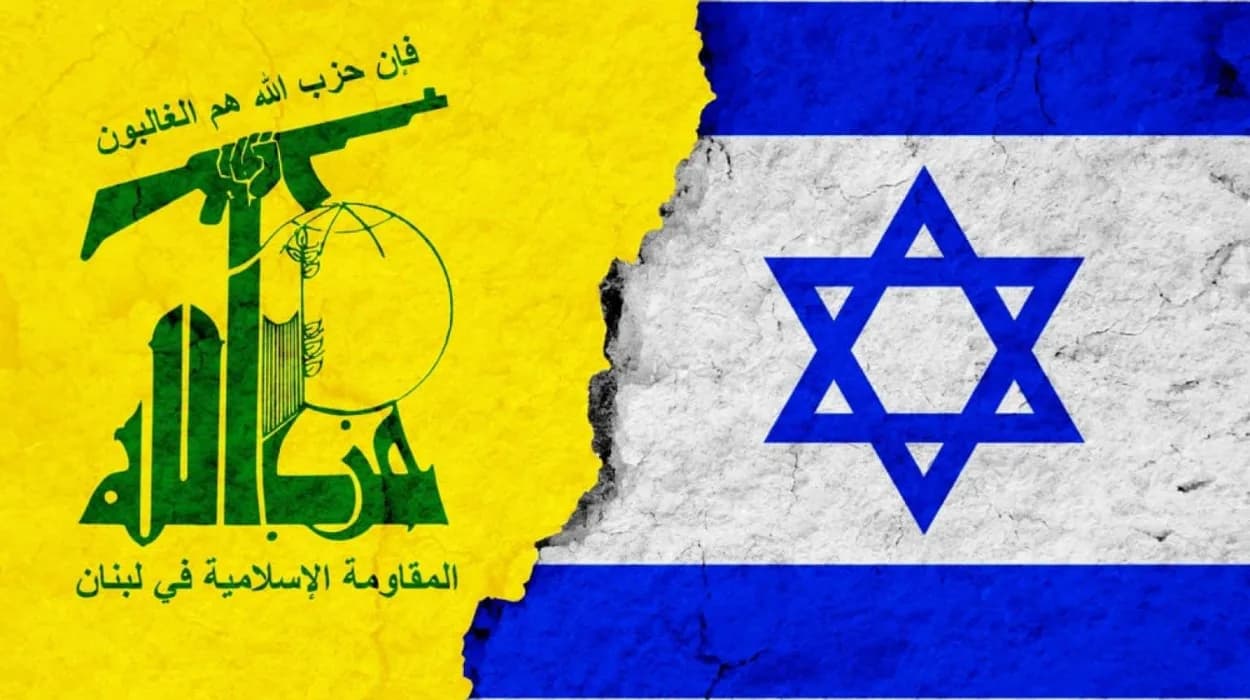Israeli military operations in Lebanon from July 14 to 20,
2025, focused on targeting Hezbollah positions, resulting in several clashes
and casualties on both sides. The campaign marked an escalation amid ongoing
tensions, drawing international attention and raising concerns over broader
regional stability.
What triggered the recent Israeli operations in Lebanon?
As reported by Bill Roggio of the Long War Journal, the
Israeli Defence Forces (IDF) launched a series of targeted strikes and ground
operations against Hezbollah positions in southern Lebanon between July 14 and
20, 2025. This military activity was reportedly in retaliation for Hezbollah’s
ongoing rocket fire and efforts to fortify their military infrastructure along
the Israel-Lebanon border. The escalation followed weeks of heightened rhetoric
and minor skirmishes, culminating in this more systematic Israeli response
aimed at degrading Hezbollah’s operational capabilities.
How extensive were the Israeli military actions during this period?
According to Roggio’s detailed timeline in the Long War Journal,
Israeli forces conducted dozens of airstrikes over the week, primarily focusing
on missile storage sites, command centres, and tunnel infrastructure allegedly
used by Hezbollah. The ground units also engaged in limited incursions to
dismantle cross-border attack mechanisms. The Israeli military claimed to have
disrupted several Hezbollah rocket-launching cells and destroyed tunnels used
for infiltration attempts. Hezbollah fighters reportedly suffered casualties
during these engagements, though exact figures remain disputed by both sides.
What is Hezbollah’s response to the Israeli operations?
Hezbollah publicly condemned the Israeli strikes, declaring
their readiness to respond to any aggression. As noted by regional analysts
cited in the Long War Journal, Hezbollah launched intermittent rocket salvos
into northern Israel during this period, resulting in some damage and civilian
displacement in border towns and villages. The group also distributed
statements framing the conflict as a defensive struggle against Israeli
“occupation” and aggression. Casualty figures from Hezbollah’s side were not
independently confirmed, and media sources reported conflicting information
regarding the exact toll.
What has been the international reaction to the conflict escalation?
Global response has been mixed, with several countries and
international bodies calling for de-escalation and restraint. The United
Nations Security Council convened an emergency meeting to discuss the
developments, with a joint statement urging all parties to halt hostilities and
return to negotiations. According to UK government communications dated July
21, 2025, Britain stressed the importance of dialogue and condemned any actions
undermining regional peace.
The United States, while reaffirming Israel’s right to
self-defence, also cautioned against further escalation that could destabilise
the already fragile region. Meanwhile, Iran, Hezbollah’s principal backer,
criticised the Israeli operations as unprovoked aggression and vowed continued
support for Hezbollah’s resistance efforts.
How have the military actions affected civilians and infrastructure?
Reports from humanitarian organisations monitored by
international media indicate that the conflict has caused civilian casualties
and property damage on both sides of the border. Lebanese villages near the
southern frontier experienced intermittent artillery shelling, resulting in
displacement of residents and damage to homes, agriculture, and infrastructure.
Israeli border communities also reported rocket attacks causing injuries and
disruption to daily life. Aid agencies have called for unhindered access to
affected populations to provide relief and medical assistance.
What are the broader implications for regional security?
Experts quoted by the Long War Journal warn that the July
14–20 operations represent a significant spike in hostilities between Israel
and Hezbollah, heightening the risk of a wider conflict in Lebanon and beyond.
The strengthening of Hezbollah’s military assets and Israel’s ongoing
pre-emptive strikes may contribute to a cycle of retaliation that could
escalate rapidly. Analysts recommend increased diplomatic efforts to manage the
crisis and prevent further deterioration, highlighting the potential role of
regional powers and the United Nations.
What are the historical precedents for Israeli-Hezbollah clashes?
The latest operations follow decades of Israeli-Hezbollah
hostility, including the 2006 Lebanon War, ongoing border skirmishes, and
repeated cycles of rocket fire and retaliation. Hezbollah’s entrenched position
in southern Lebanon and its designation as a terrorist organisation by Israel
and many Western countries have perpetuated a security dilemma in the region.
Who is Bill Roggio and why is his report credible?
Bill Roggio, a defence analyst and journalist specialising
in counterterrorism and conflict zones, provides real-time conflict reporting
for the Long War Journal, a reputable source focused on militant activity and
military operations worldwide. His extensively documented coverage is regularly
used by policymakers and security experts, lending authority to the operational
details he reports.
What next steps are governments considering to resolve the escalation?
Diplomatic initiatives are reportedly underway involving key
regional and international actors to mediate between Israel and Lebanon, aiming
to revive ceasefire agreements and political dialogue. The UN and European
Union have expressed intentions to monitor developments closely and possibly
deploy observers to reduce the risk of inadvertent escalation.
